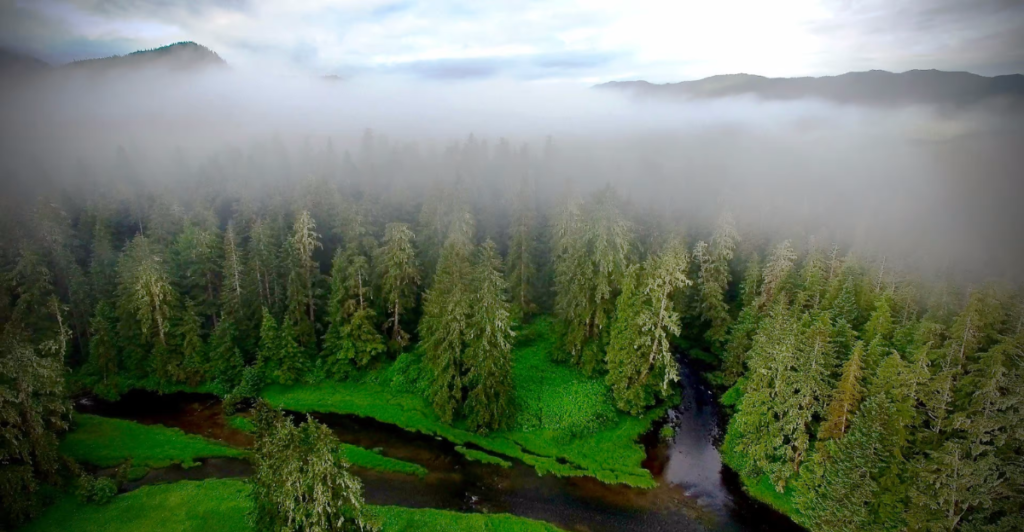
A revolutionary discovery has changed our understanding of human evolution. Scientists have discovered evidence that early humans lived in African rainforests 150,000 years ago. This is 80,000 years earlier than they thought. This finding challenges long-held assumptions about where and how our ancestors lived. Let’s dive into the details.
Evolutionary Thought Reversed
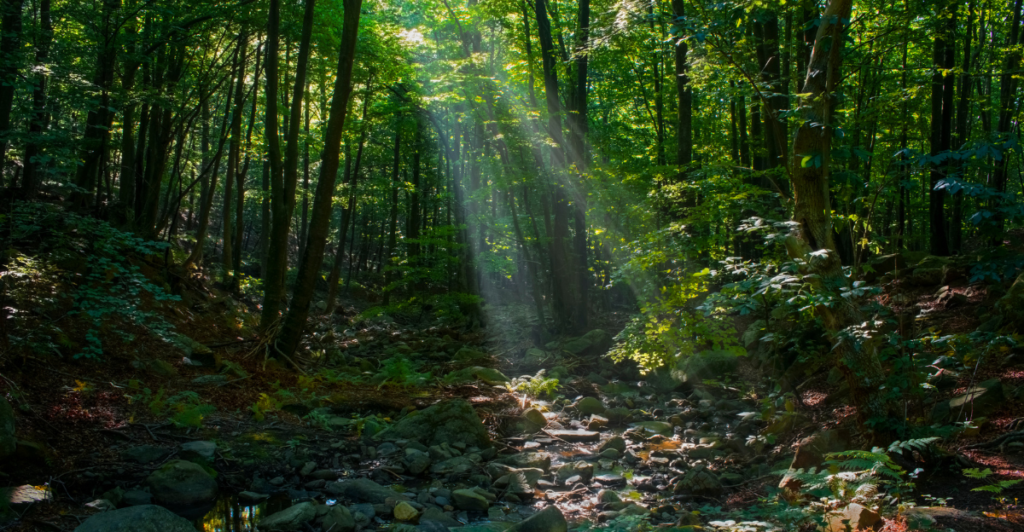
Scientists have always assumed that human beings preferred open savannas to thick rainforests. But this proves otherwise. The evidence, at West Africa’s Bété I site, suggests that early humans survived and even flourished in these denser environments, rewriting textbooks about human adaptation and evolution.
The Bété I Site
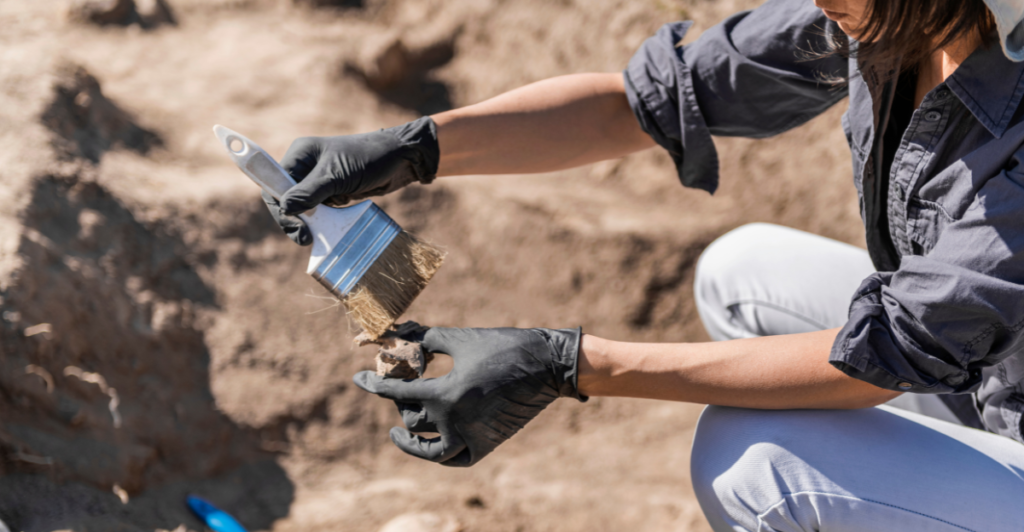
Bété I, in Côte d’Ivoire, was first excavated in the 1980s. But through war and lack of appropriate tools, scholars could not determine its proper age—until now. Applying new techniques to the site once again, archaeologists found a prehistoric chronology extending much deeper into the past than had been previously estimated.
Lost and Found
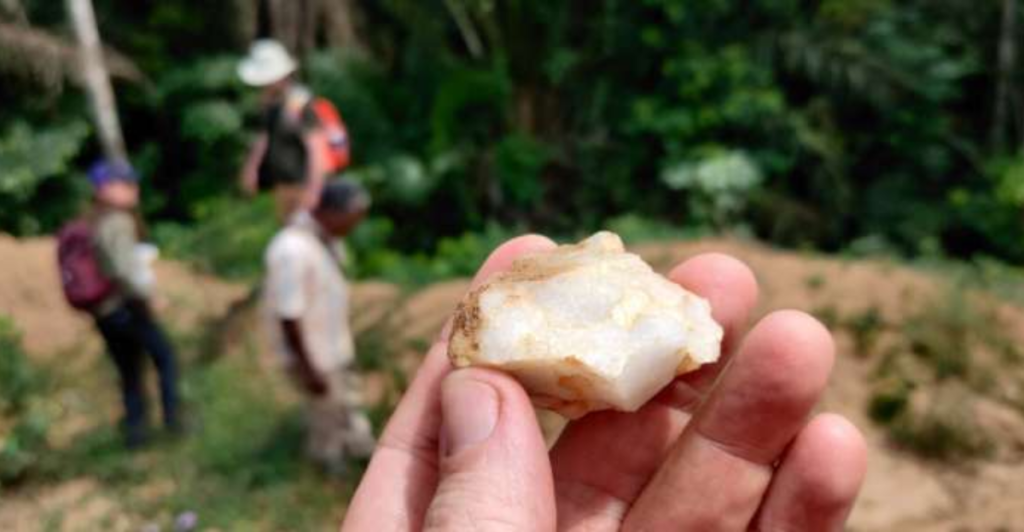
The majority of the tools found in the first dig were lost during the Second Ivorian Civil War. But scientists, using new dating methods, analyzed quartz grains and plant remains at the site, which is confirmation that humans lived there 150,000 years ago.
The Oldest Rainforest Settlement
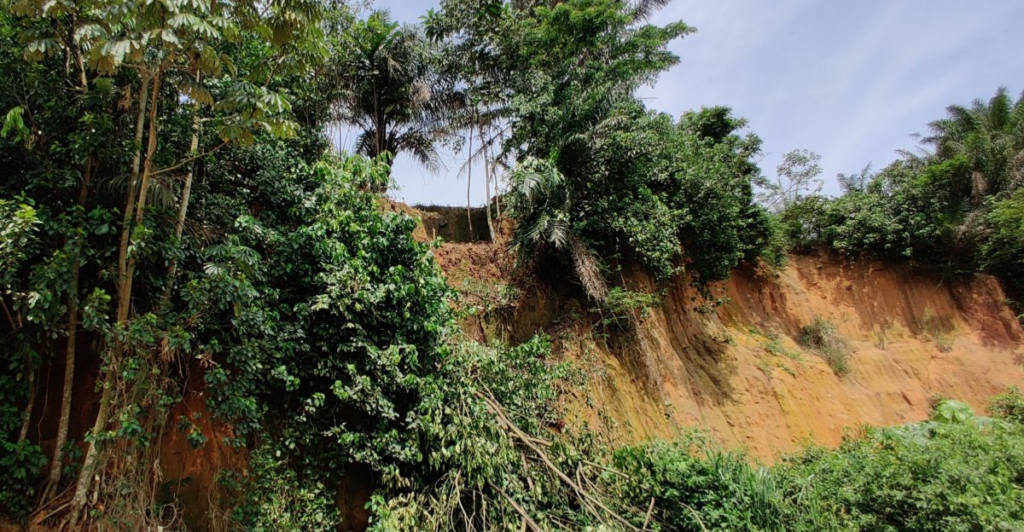
Previously, the oldest rainforest settlement in Africa was thought to be just 18,000 years old. The recent find pushes this age much more than eight times however, proving that rainforests were not hindrances to human survival but an essential part of early human life.
How Did Early Humans Survive?
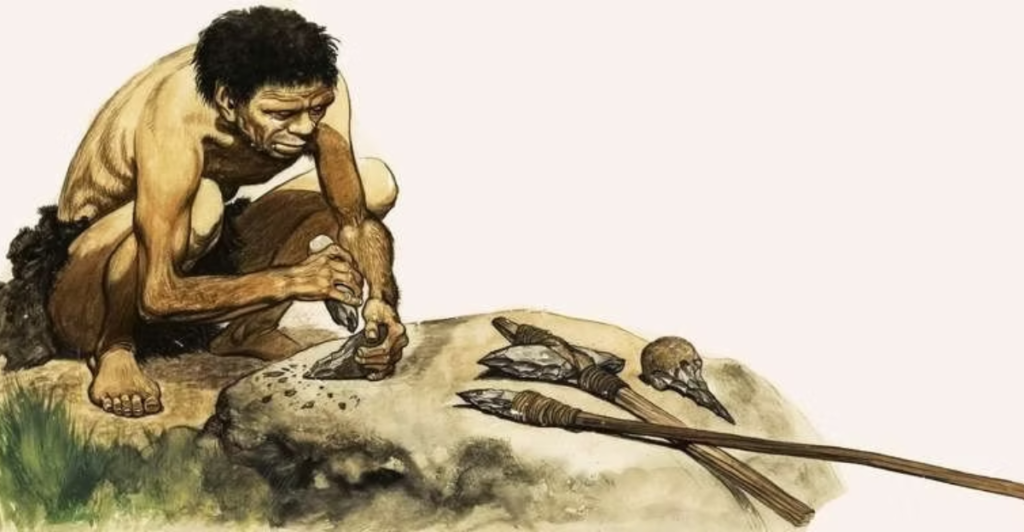
Life in the rainforest was about adaptation. Food, as opposed to on open plains, was not clustered together but scattered about and difficult to access. Early humans likely gained new foraging skills, toolmaking abilities, and possibly even characteristic social patterns in order to manage their forest habitat.
Advanced Tools, Advanced Thinking
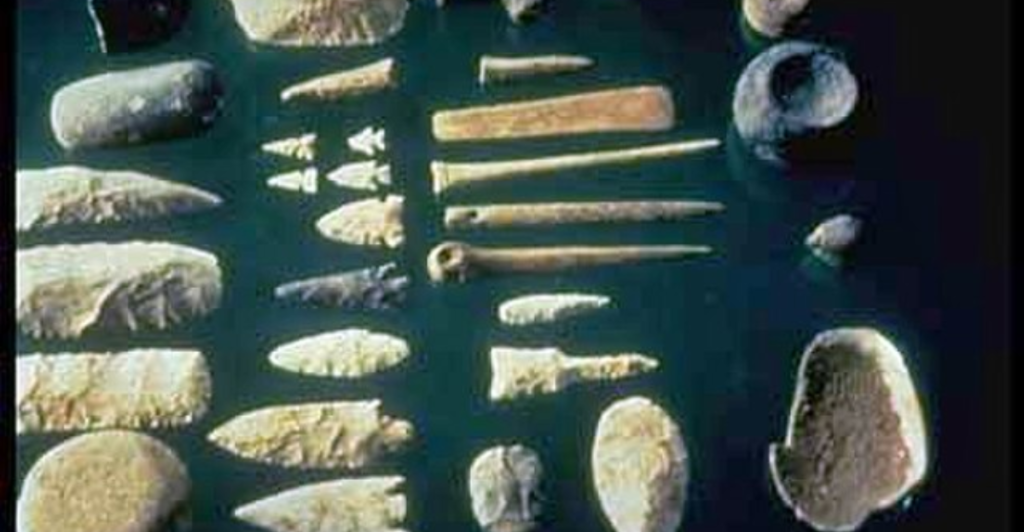
Stone tools of Bété I suggest that certain early humans were crafting specialized rainforest tools. Picks, scrapers, and small retouched tools indicate they were hunting, processing, and perhaps even engaging in early woodworking.
Climate Clues From the Past
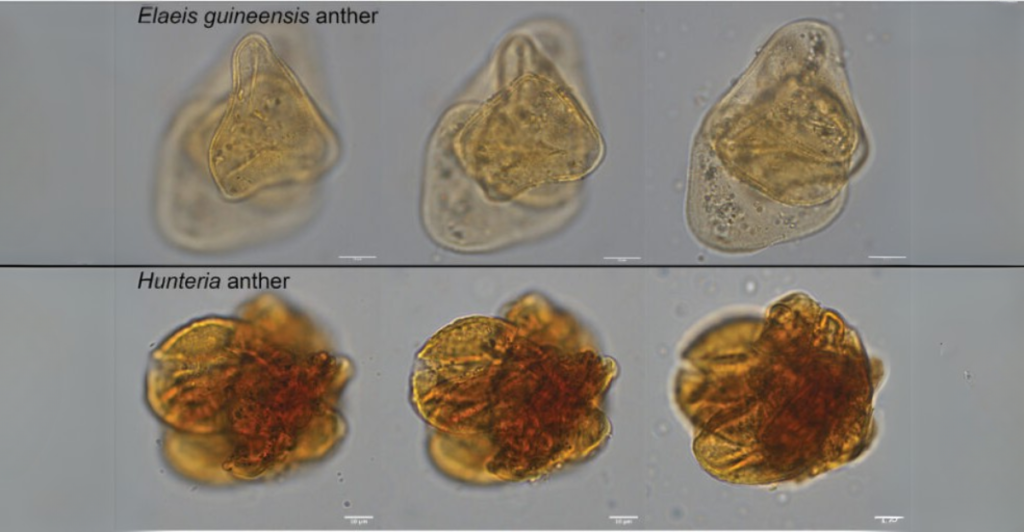
Researchers analyzed pollen, leaf wax, and phytoliths; fossilized plant remains, to reconstruct the ancient environment. Their findings confirm that Bété I was in a dense rainforest, humid and teeming with life, similar to today’s West African jungles.
Redefining Human Evolution
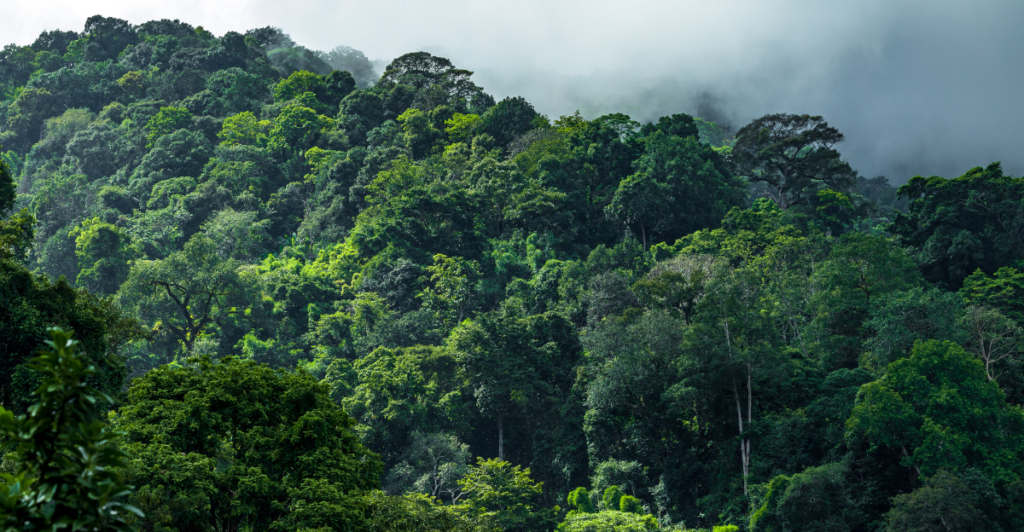
Scientists have always assumed that early humans avoided rainforests. This discovery refutes this, showing that a number of forest ecosystems were part of human evolution. Early populations were far more resilient than was initially believed.
How Did Humans Alter the Rainforest?

As humans ventured into different environments, they tended to alter them. Did early humans clear small patches of forest for hunting? Did they grow plants? These are questions that open up new avenues of understanding and curiosity on how early humans impacted their environment.
The Next Big Questions
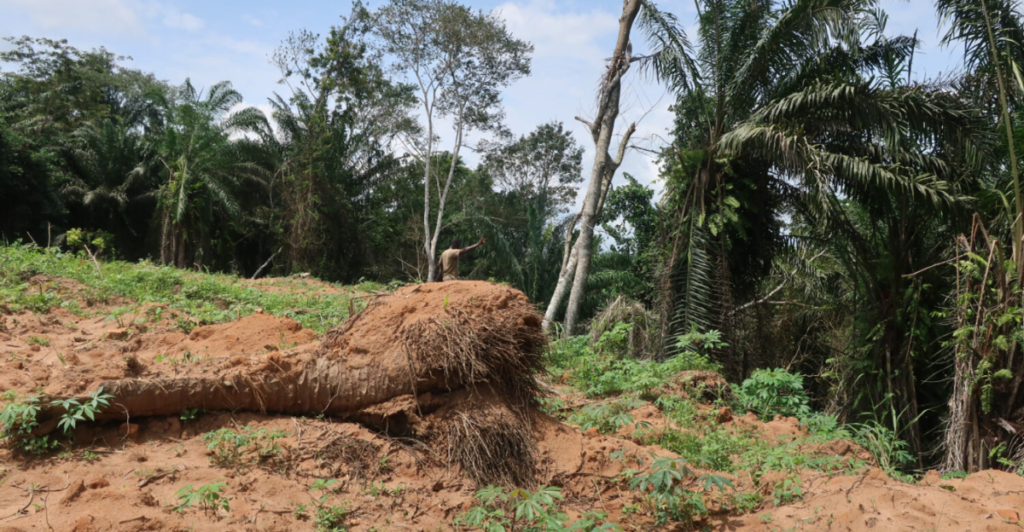
This discovery holds fascinating possibilities. Were there previous rainforest settlements yet to be found? How was life in the rainforest different from life in the savanna? Were humans in the forests different tot those living in open plains? And could this upend our current models of migration and adaptation?
An Era of Discovery Professor
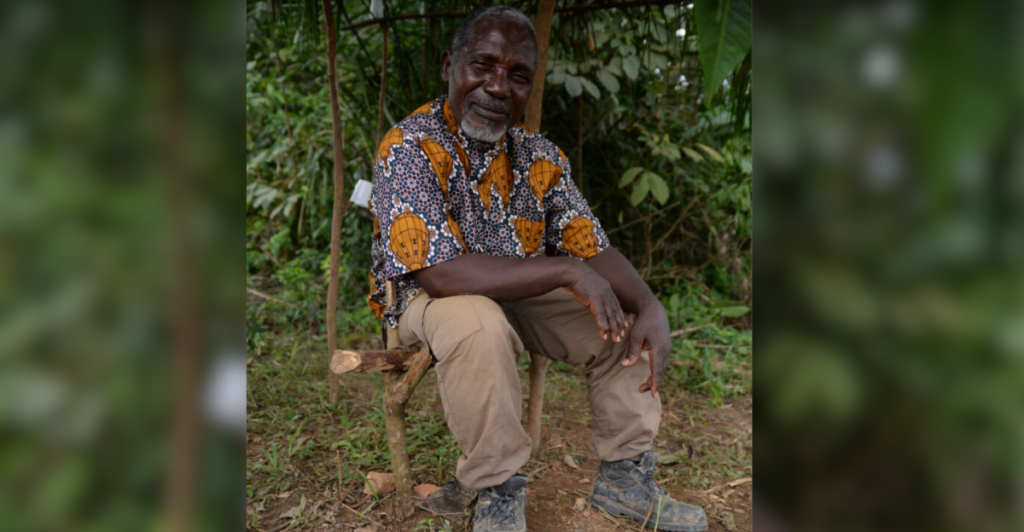
Yodé Guédé, head of the original dig, hopes this is just the beginning. There are a few other locations across Africa that have the potential to hold such secrets, waiting to rewrite history. Archaeologists are now setting their sights on fresh digs to unearth more lost pages from our past.
A New Perspective of Our Origins

The Bété I discovery subverts common sense about the early evolution of humans. Rainforests, once seen as barriers, were in reality dynamic hubs of human activity. The more scientists dig, literally and figuratively, the more our understanding of our ancestors’ versatility and ingenuity grows.
Explore more of our trending stories and hit Follow to keep them coming to your feed!

Don’t miss out on more stories like this! Hit the Follow button at the top of this article to stay updated with the latest news. Share your thoughts in the comments—we’d love to hear from you!







